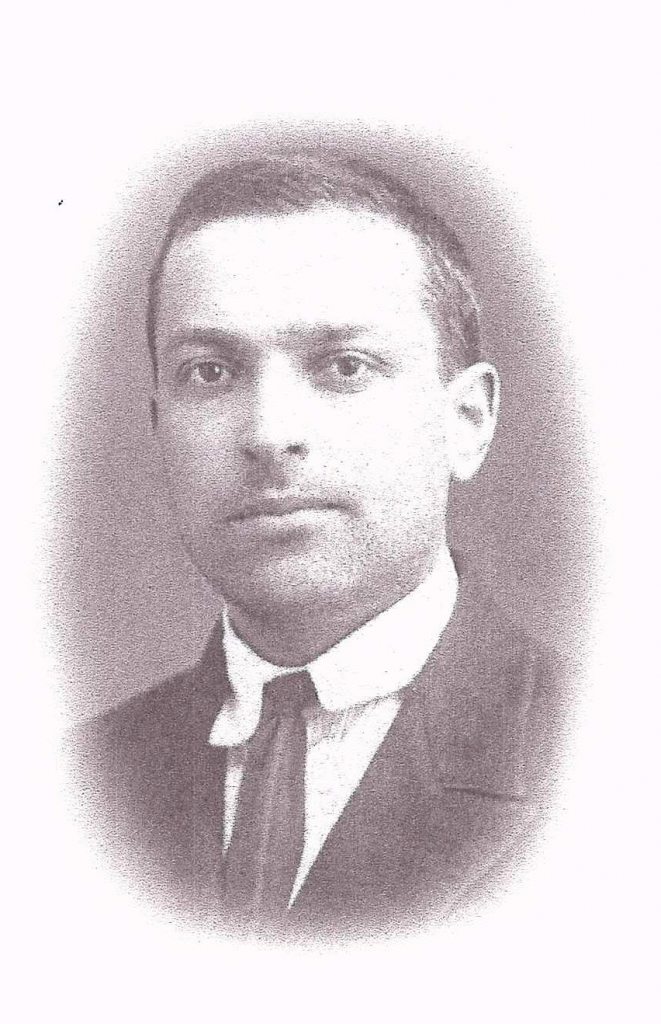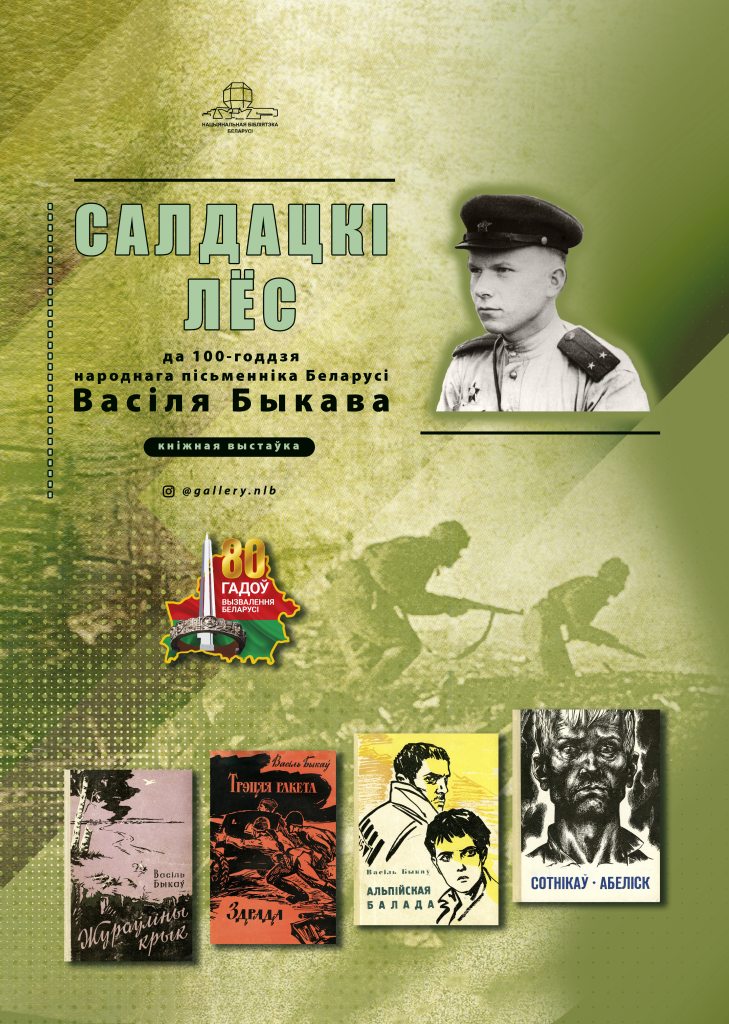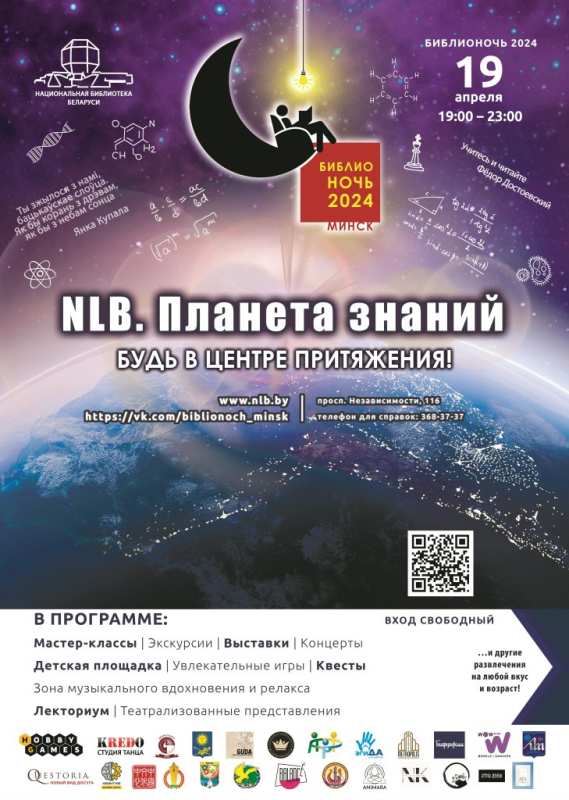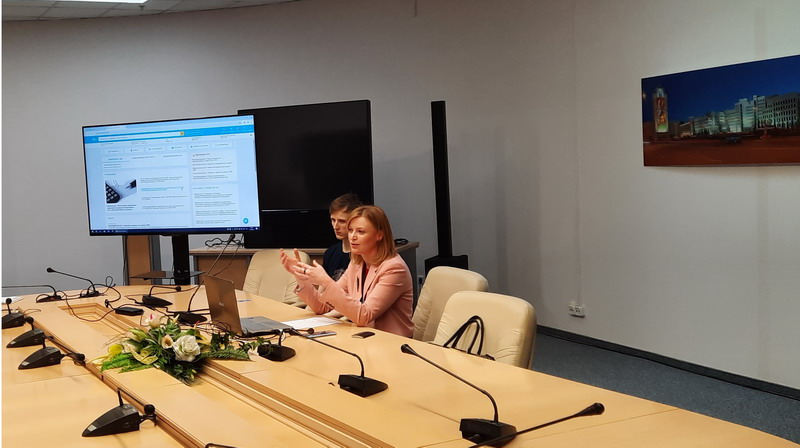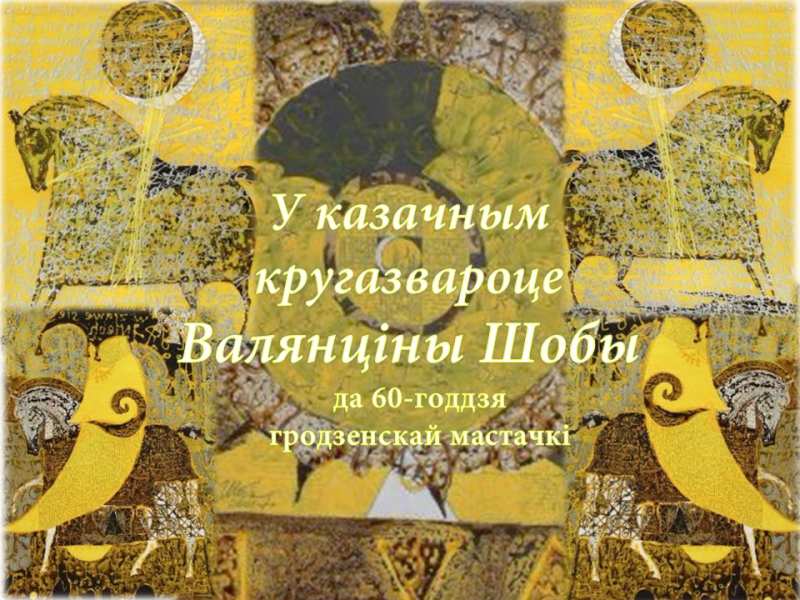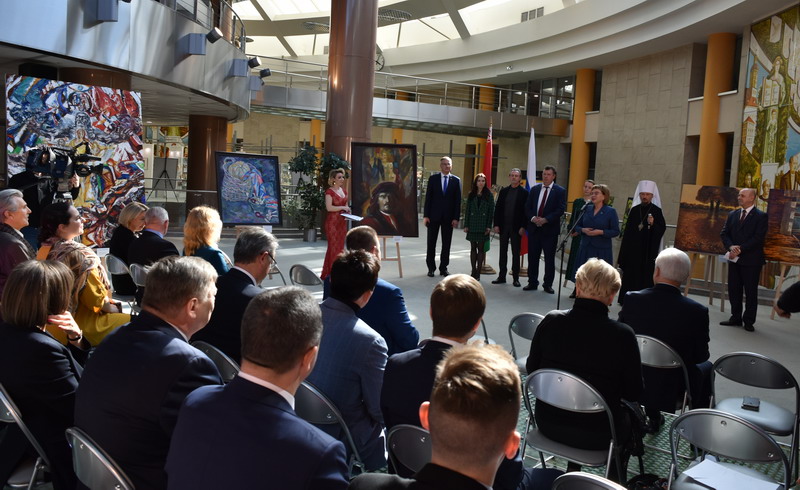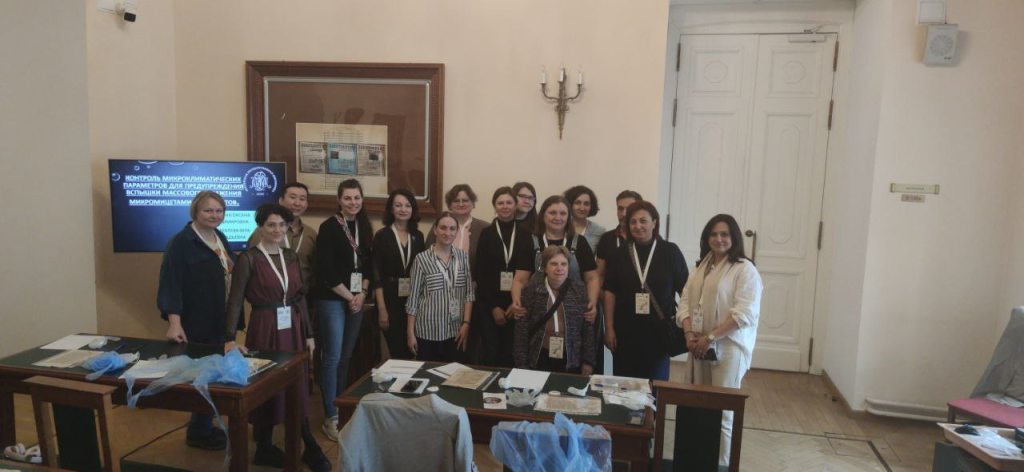November 17 marks the 125th anniversary of the birth of Lev Vygotsky (Lieu Vyhocki) (1896–1934), one of the world's most famous psychologists and founder of a school that resonated widely in the world of psychology.
Lev Vygotsky was born in Vorsha in the family of a bank employee. Soon the family moved to Homiel, where the future scientist spent his childhood and youth. From an early age, Lev was far ahead of his peers, so he was able to pass his examinations without attending classes and entered the sixth year of Dr Ratner's private grammar school for men. Literature and philosophy became the gifted student's favourite subjects. Ever since he was a schoolboy, he had a passion for theatre: he organized and acted in amateur productions, and didn't miss out on touring shows by local theatre companies and groups.
After finishing school with a gold medal, the young man entered the Imperial University of Moscow (1913), and in 1914, he entered the History and Philosophy Faculty of A.L. Shanyavsky Moscow National University, where the best professors and teachers of Russia worked at that time, including P.P. Blonsky, V.I. Vernadsky, K.A. Timiryazev, G.G. Shpet and others. It was through them that Lev Vygotsky became interested in psychology and continued his research in this field ever since. He combined his university studies with his work as a technical secretary in the magazine Novy Put (New Way), where he also wrote literary critiques. His dissertation "The Tragedy of Hamlet, Prince of Denmark, by W. Shakespeare" was highly praised by linguistic specialists and still retains its scholarly value today.
After successfully completing two universities, Vygotsky returned to Homiel in 1917. He was a teacher of psychology, Russian language and literature, gave private lessons and lectured on psychology in various educational institutions and on teacher training courses. At the same time, he organized the city's theatrical life: organized tours, published reviews of performances in the periodical press, and held classes in the theatrical studio. Thanks to his efforts, Homiel was considered one of the most theatrical cities in the early 1920s.
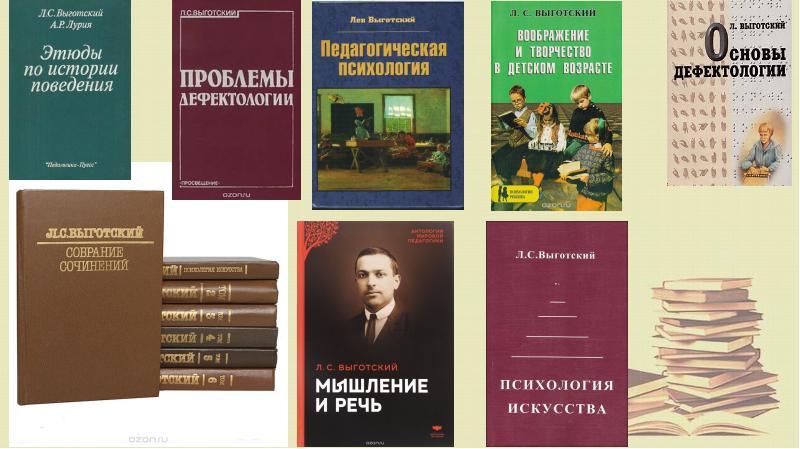
In 1919, together with his cousin David, Lev Vygotsky set up a literary publishing house, which published the most important works of the day as well as classics. From 1922, Lev Vygotsky worked as a teacher of logic and psychology at the Homiel Teacher Training College. He initiated the establishment of a psychology department where teaching, research and methodological activities were carried out and material for the first fundamental works was collected. Vygotsky formalised the results of his experimental research in academic papers. Some of these were presented at the II All-Russian Congress on Psychoneurology (January, 1924; Petrograd). The scholar's presentation attracted the attention of specialists, and he was invited to work at the Moscow State Institute of Experimental Psychology.
In 1924, Vygotsky moved to Moscow, where the most fruitful period of his life began. Lev Vygotsky focused on the study of educational psychology and specialized education. In the RSFSR People's Commissariat of Education, he headed the Department for the Education of Mentally and Physically Backward Children. In 1925, he attended the International Conference on the Education of Deaf-Mute Children in London.
Over several years of work and research in this field, he created a new and complex field of science, defectology. He defended his doctoral thesis on "The Psychology of Art" (1925). From 1929, L.S. Vygotsky became an academic supervisor and consultant at the Experimental Institute of Defectology in Moscow, where he worked on the development of a medical-psychological-pedagogical approach to the study of children with special developmental needs and the training of specialists in the field of specialized education.
Already a professor, in 1931 he entered the Medical Department of the Ukrainian Scientific Research Psychoneurological Institute in Kharkiv by correspondence. He gave lectures, made reports, wrote articles, set up experiments and carried out the research. Such a demanding work schedule undermined the health of the scholar, who had been suffering from tuberculosis for many years. Many of his plans remained unfulfilled due to his untimely death in 1934.
Lev Vygotsky left a rich legacy and created a scientific school of non-classical cultural-historical psychology. Today, the scholar is one of the world's ten best-known psychologists. His academic work, by virtue of its importance and practical value, remains relevant and has a great influence on modern psychology and pedagogy.
Information about the life and work of Lev Vygotsky, his writings can be found in the electronic catalogue (in Russian) of the National Library of Belarus, the online encyclopaedia "Belarus in Persons and Events" (in Belarusian).
Bibliology Research Department

